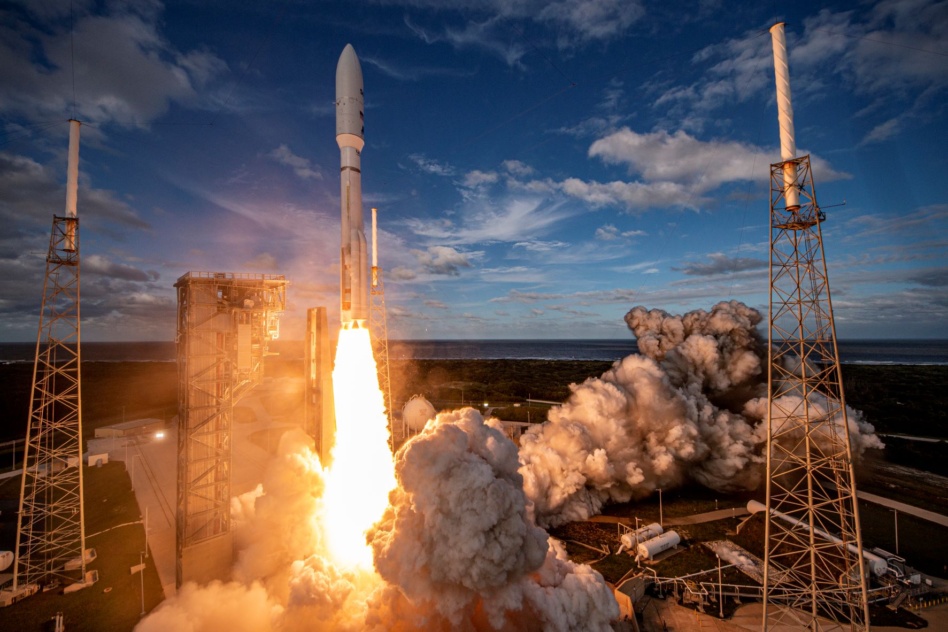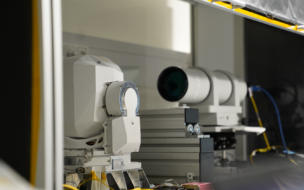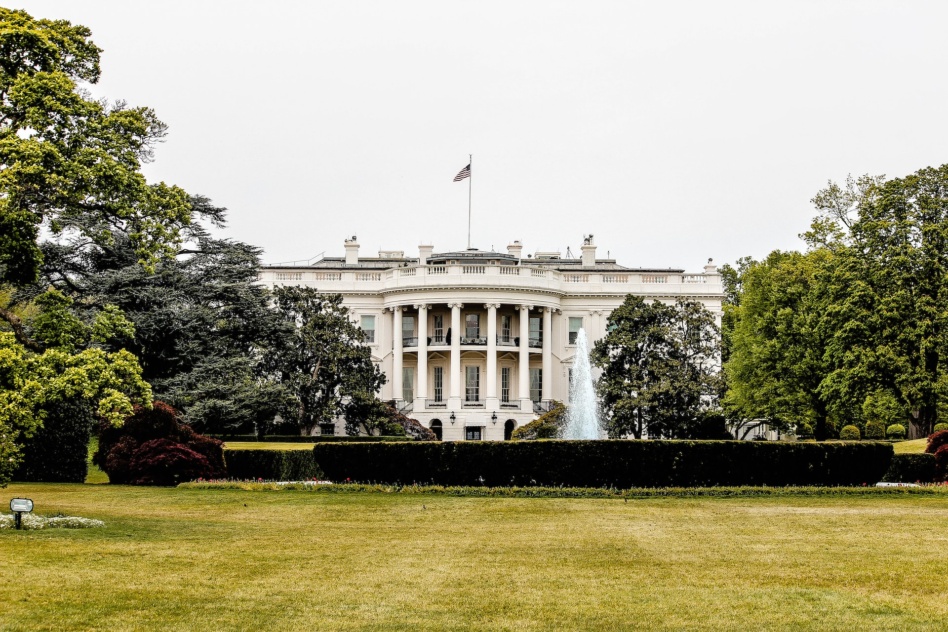On Tuesday evening, a United Launch Alliance Atlas V rocket lifted off from Cape Canaveral with precious cargo: SES-20 and -21. The American launch provider successfully deployed the satellites for SES, their owner and operator, roughly six hours later into a near-geosynchronous orbit.
SES bought the two birds from Boeing in 2020. The all-electric satellites use Boeing’s 702SP bus, which has a 15-year mission life and 565 kg max payload mass.
- SES-20 and -21 are the first two commercial satellites Boeing has delivered since the pandemic started.
- The twin satellites, fitted with C-band payloads, will provide broadcast TV to North American customers for the next decade and a half.
C-band, you say? The US forced SES and its competitors to vacate a contentious chunk of spectrum for 5G (more on that here).
The satellite operators are being compensated for spectrum-clearing, as they launch new satellites and migrate TV services to separate frequency bands. The deployment timetable for SES’s new C-band satellites appears to be inversely correlated with their tail numbers:
- SES-22, which SpaceX launched in June, is in service.
- SES-20 and -21 are performing on-orbit checkouts and are expected to start operations next month.
- Up next are SES-18 and -19, set to launch on a Falcon 9 in Q4.
Friends? Frenemies? SES, based in Luxembourg, is said to be in merger talks with the US’s Intelsat. Just this week, SES lost a suit against Intelsat to recover a $421M chunk of spectrum-clearing payouts.
And…the countdown begins: ULA has 20 Atlas Vs in its inventory. Once they’re flown out, the rocket will be retired. After that, the launcher aims to transition to its next-generation Vulcan Centaur rocket, which will be powered by Blue Origin BE-4 engines.





